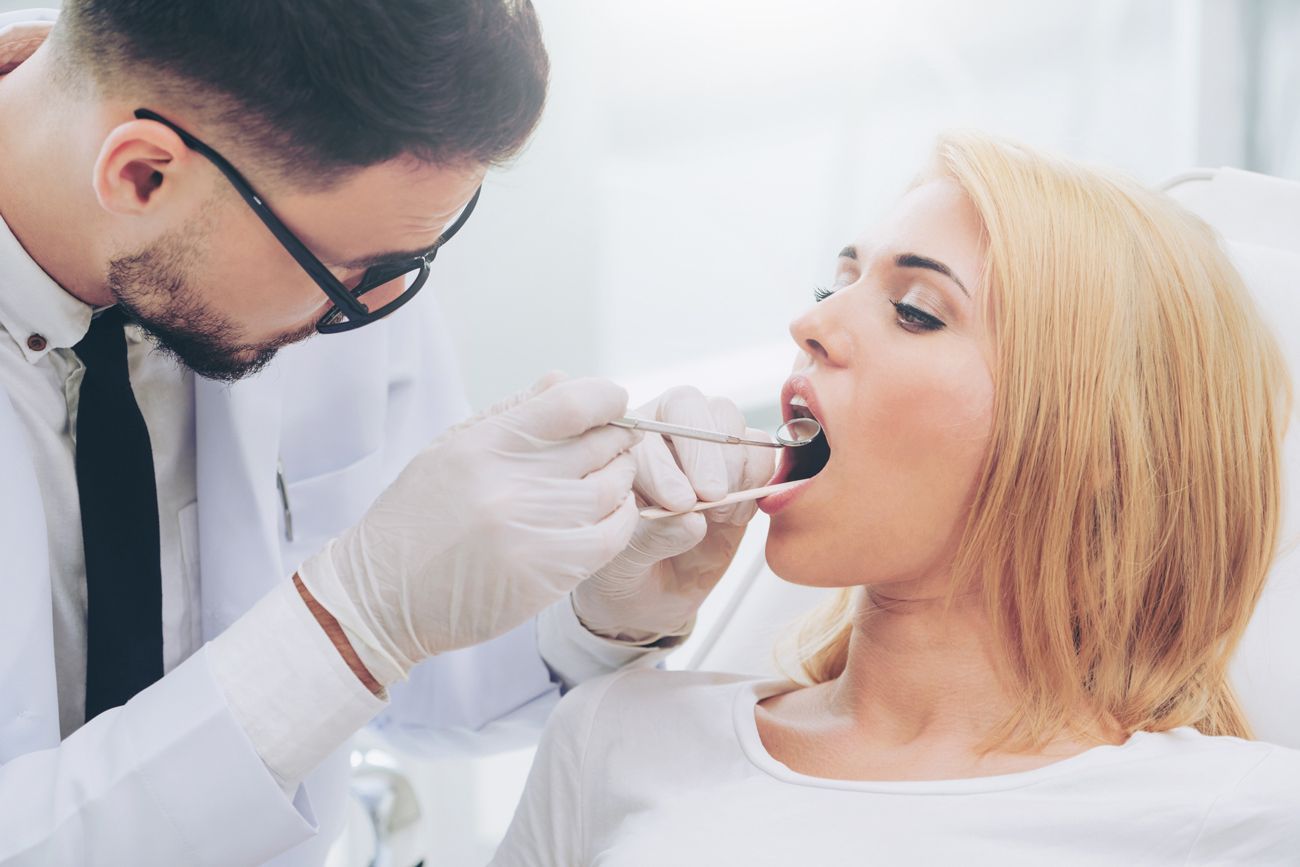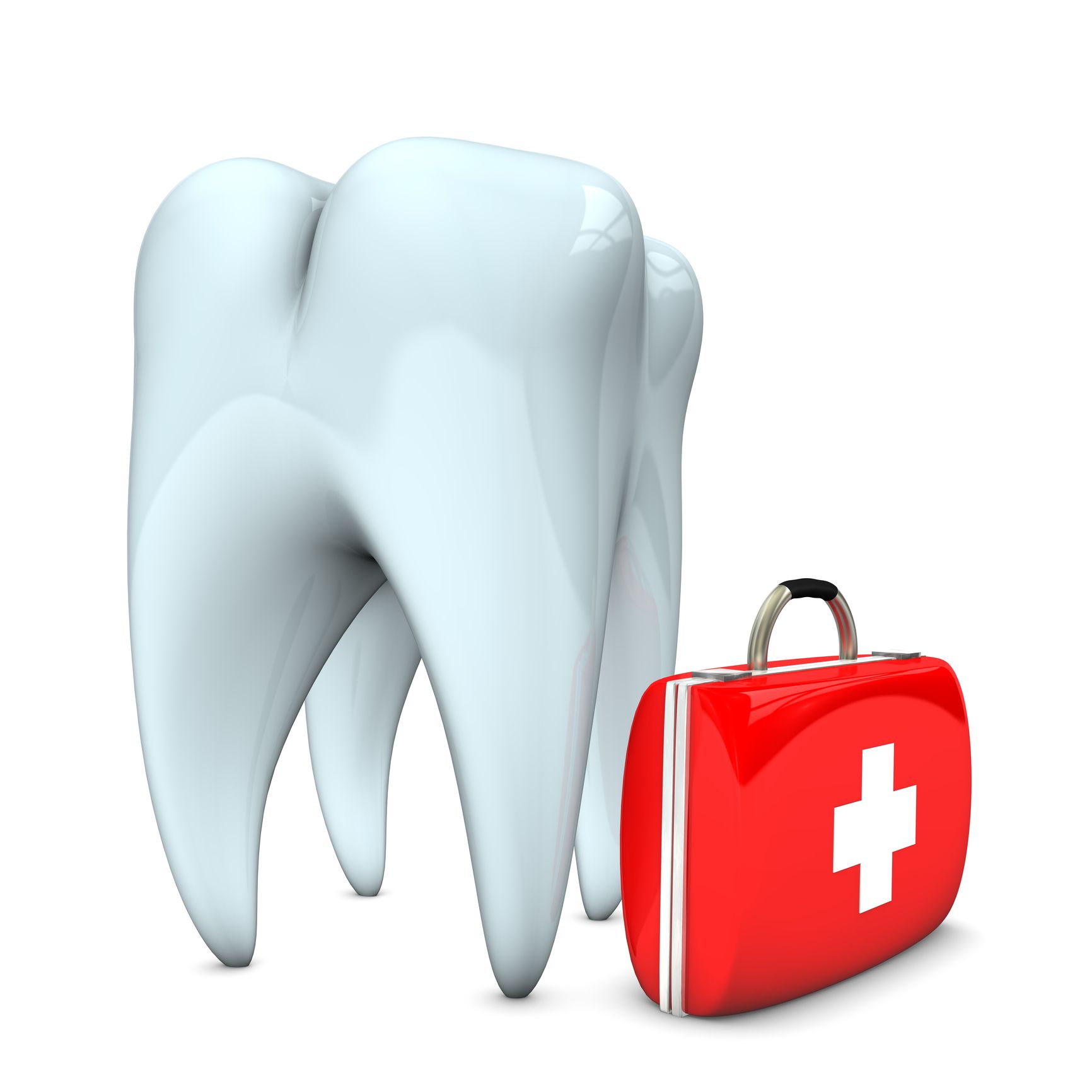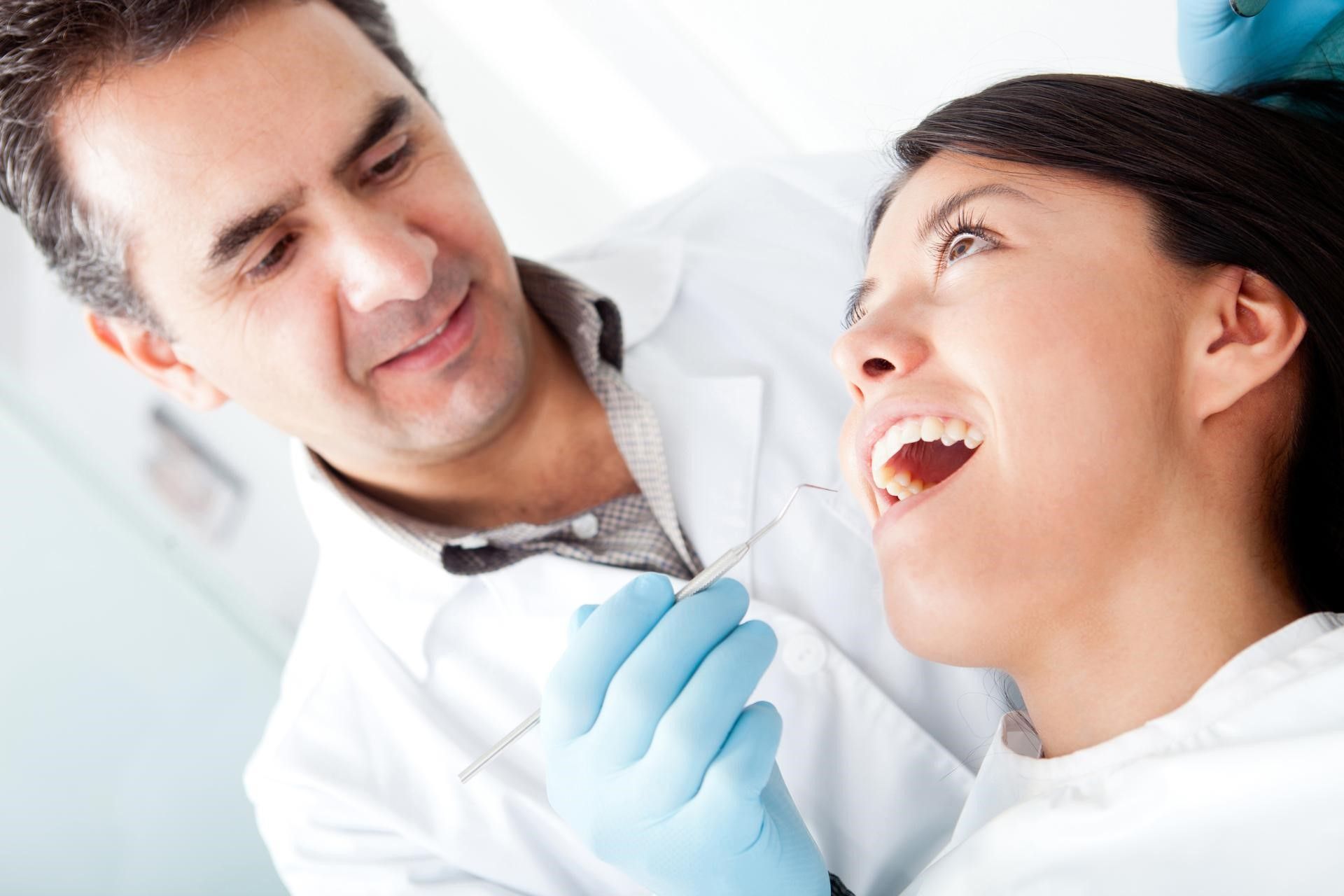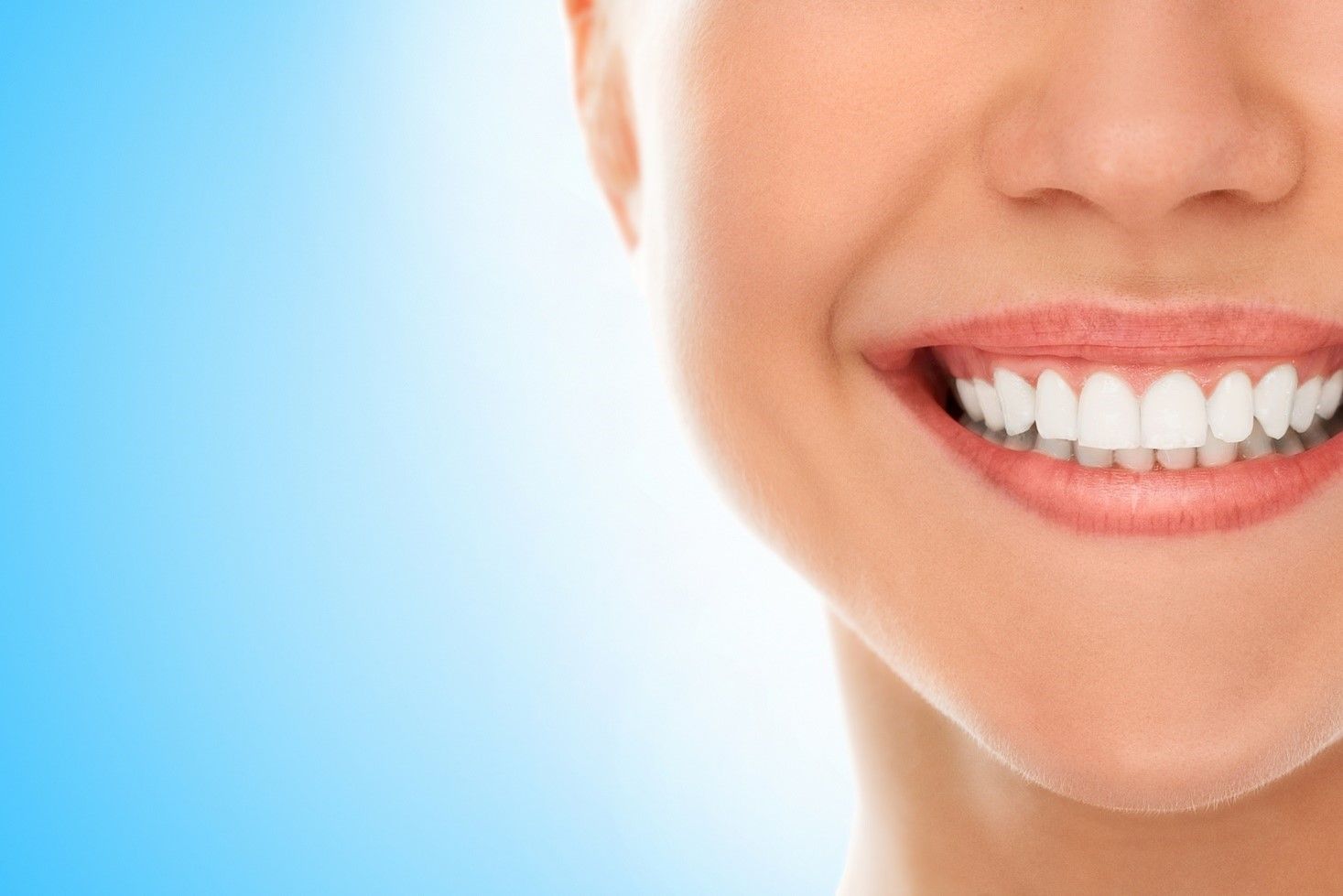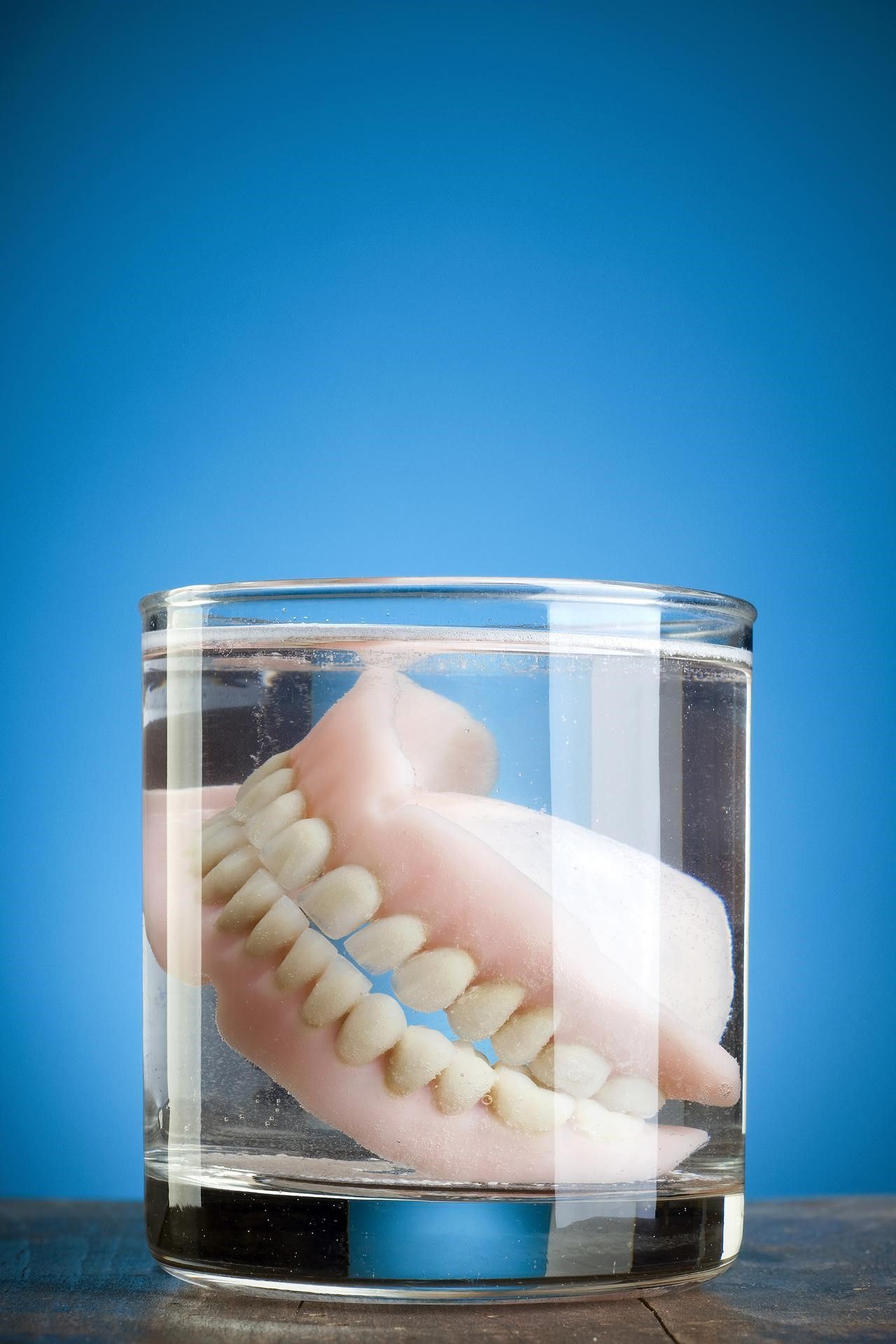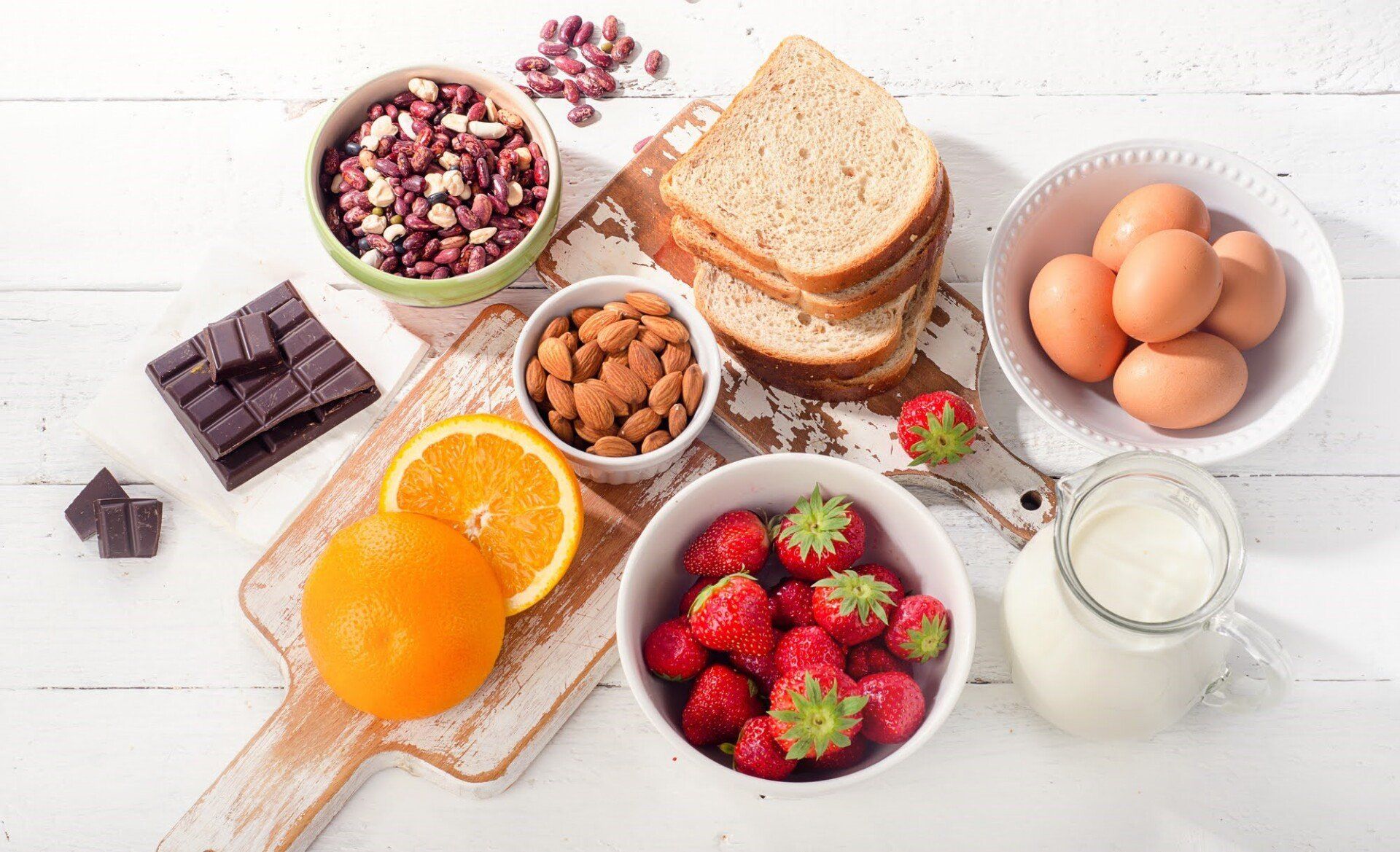Impacted Food in Your Gums? Why This Happens and How to Treat It
If you have difficulty removing a particle of food from your gums, you may develop food impaction. When food gets impacted between the gums and teeth, you can experience pain while eating, jaw pain, bad breath, inflammation, and gum recession.
Mild impaction may not be a dental emergency, and you can often safely remove the food. However, if you cannot safely dislodge the particles, visit a dentist since the debris could lead to gum issues or even abscesses. Learn why food impaction happens and how to treat it.
Why Does This Issue Occur?
Some people may naturally have gaps between their permanent teeth, which makes it easier for food debris to collect in the gum tissues. Other people may be prone to food impaction due to implant placement, plunger cusps, gum disease, or tooth decay. Discover more about these common causes.
Implant Shapes
If you've replaced a missing tooth with a dental implant, your dentist will have done his or her best to construct an implant that fits snugly with the neighboring teeth. Adjacent teeth should have a good proximal contact, meaning that you shouldn't have any gaps that allow debris to wedge between teeth.
Despite being amazing restorations, implants don't have the fiber attachments or the periodontal ligaments that create a snug attachment between a tooth and the surrounding gum tissue. In short, food debris can collect around an implant - especially if you don't floss regularly.
Plunger Cusps
Your teeth will naturally wear their cusps due to chewing. However, some people may lose their cusps more quickly due to certain habits, like bruxism. If the chewing surfaces become extremely flattened, then the opposing teeth can actually force food into the spaces between teeth. These flattened cusps are known as plunger cusps. To fix the issue, your dentist might recommend a bite restoration to restore the proper anatomy of your teeth.
Gum Disease
When plaque builds up around the gumline, it can loosen the attached gingiva and cause gum pockets to form. If a periodontist doesn't treat these pockets, then they can get bigger and bigger. When a person has large gum pockets, food debris can more easily collect in the gum tissue and become impacted.
Tooth Decay
While a lot of tooth decay may occur on the occlusal, or chewing surface, of a tooth, a person can develop cavities on any aspect of enamel. If a person develops a cavity that's close to the gumline, food debris can actually collect in the cavity depression. If they don't remove the debris, it can work its way down into the gum tissue.
Also, certain foods, like popcorn kernels, are more likely to cause impaction since saliva can't easily break them down. Therefore, they can slip easily between teeth and gum pockets.
How Can You Treat Food Impaction?
While you may be tempted to use a toothpick, you shouldn't use anything sharp to remove the food debris. Try the following to remove the food:
- A proxa-brush, which looks like a toothpick but has softer bristles
- Waxed floss, which is gentle on gum tissue and can get into tight areas
- Irrigating syringe, which is often used after a wisdom tooth extraction but can also be a good tool for impacted food debris
- A waterpik, which can use a strong stream of water to dislodge the debris
- Saltwater rinse, which can work if you don't have a waterpik. Plus, the saltwater rinse can ease pain and protect any gum irritation from bacteria.
If you cannot remove the debris with the previous ideas, visit a dentist to help you safely remove the impacted food. Reach out to us at Eastland Dental Center & Professional Dental Care for more information.

